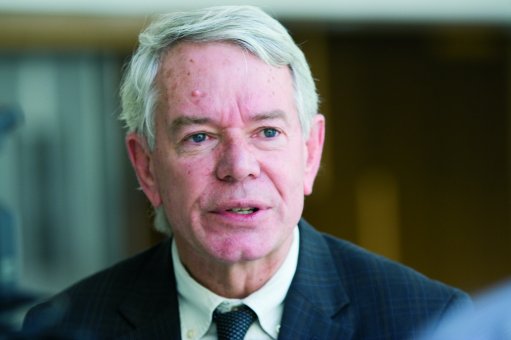
Jeremy Cronin
The South African Cities Network, in collaboration with the Department of Public Works, has launched its Expanded Public Works Programme: Reflections over a Decade, a book reflecting on the decade-long implementation of the Expanded Public Works Programme (EPWP) in South Africa.
EPWP was a key government initiative that contributed to government’s policy priorities in terms of decent work and sustainable livelihoods.
This year marked over a decade of implementation of the EPWP, government’s primary response to persistently high levels of unemployment, endemic poverty and deep social and economic inequality.
The chapters in the book were originally commissioned as research papers by the South African Cities EPWP Reference Group between 2013 and 2015. The group’s intention in converting the papers was to make the research accessible to a wide audience, with a view to disseminating knowledge about the EPWP, particularly as it related to implementation in cities.
The period of implementation had seen much in the way of creative innovation, but challenges remained.
Speaking to Engineering News Online, Deputy Public Works Minister Jeremy Cronin said the EPWP recently entered its third phase and was expected to deliver six-million work opportunities by 2019.
“We have learned lessons from the first two phases of the EPWP and realised that people employed by the programme were not getting jobs in the formal sector, as we had hoped,” he said, adding that the formal sector was not creating jobs for those entering into the market.
“We have been creating jobs but the pace at which we are creating jobs is not keeping pace with new market entries. In the third phase, we will concentrate on graduation strategies from the programme and we are also trying to increase the duration of some of the programmes,” he noted.
He pointed out that some of the programmes, particularly community work programmes, were semipermanent.
Cronin further said government would collaborate more with nonprofit organsiations, as well as the private sector, in the third phase.